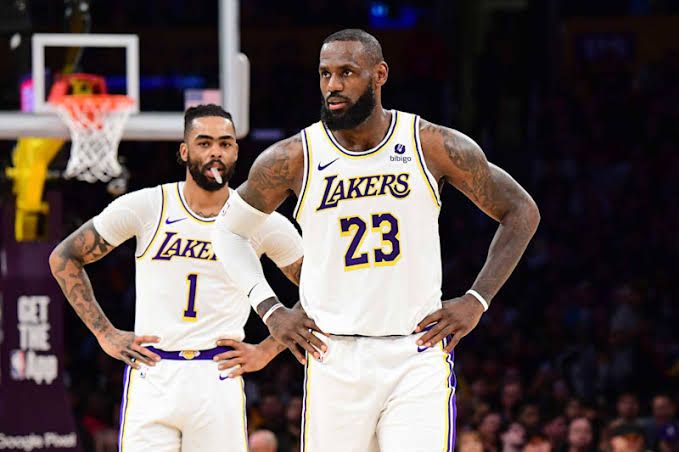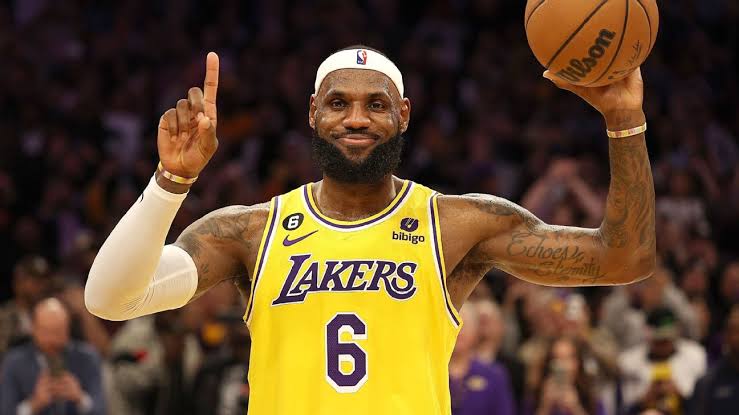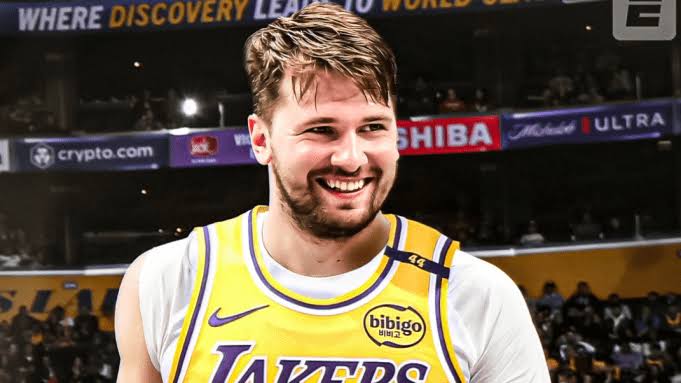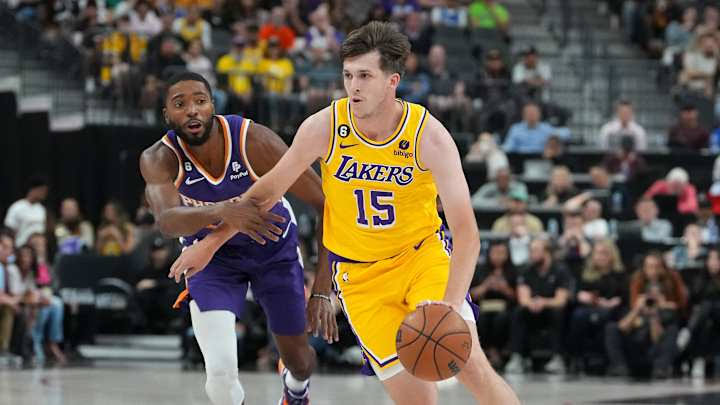LeBron James, often regarded as one of basketball’s greatest players, continues to face significant external criticism despite his extraordinary career. Over 22 seasons, James has shattered numerous records, including becoming the NBA’s all-time leading scorer and winning titles with three different teams. Yet, skepticism persists about his performance, particularly in seasons affected by injuries or playoff exits.

As LeBron enters his final career chapters, comparisons to other greats like Michael Jordan remain a sourceoo of intense public debate. Critics often question whether his accolades alone secure his position as the greatest of all time. This discourse has grown as younger stars, such as Giannis Antetokounmpo, rise to dominance, diverting attention from James’ legacy.
LeBron’s public reaction to the criticism has evolved over the years. Embracing social media, he uses platforms to deflect scrutiny and even fuel his motivation, sarcastically leaning into labels like “#WashedKing” to rally his fans and maintain relevance.
Off the court, James’ efforts to uplift communities through initiatives like the I PROMISE School cement his reputation as more than an athlete. His impact transcends basketball, but critics often downplay these contributions, focusing solely on his NBA legacy.
Ultimately, LeBron’s legacy represents a complex narrative: one defined by dominance, resilience, and scrutiny. He remains a polarizing figure, celebrated for his achievements but constantly under the weight of expectations. His ability to maintain focus amid relentless criticism defines his enduring greatness.



